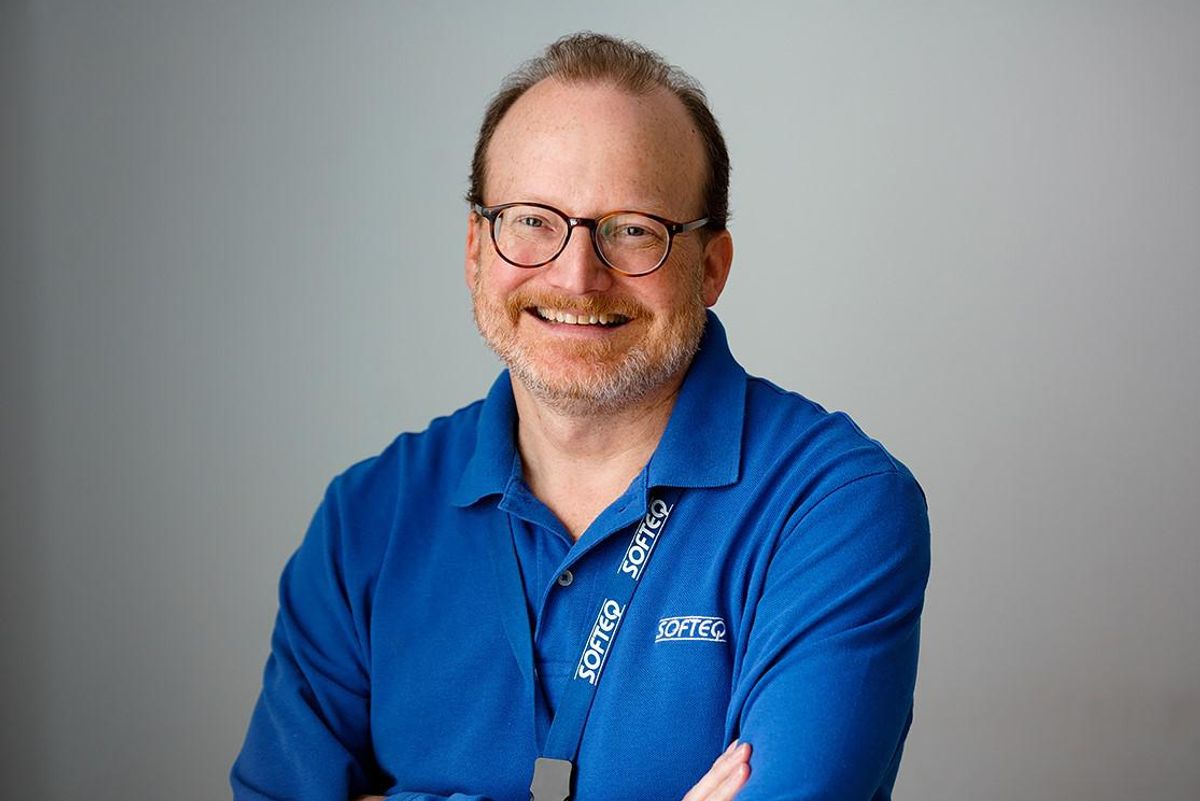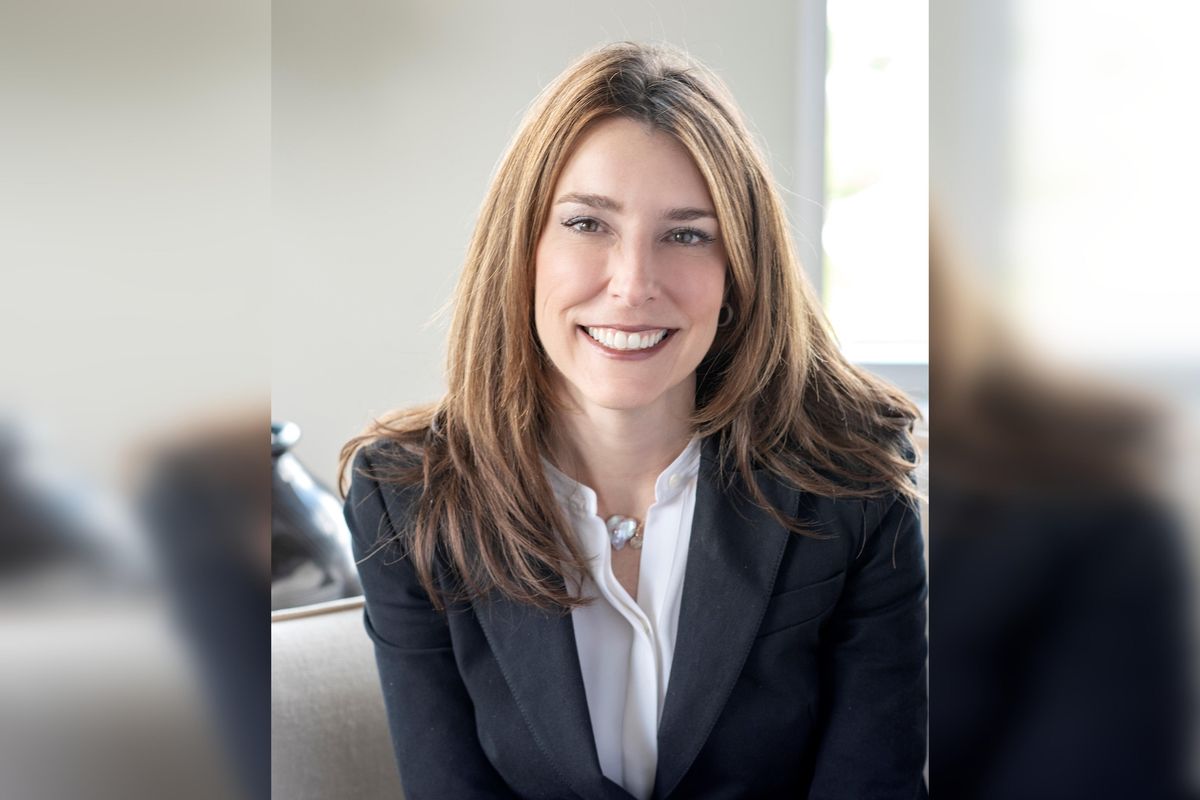Editor's note: InnovationMap regularly introduces its readers to a handful of Houston innovators recently making headlines with news of innovative technology, investment activity, and more. Our first January batch includes three innovators across social impact, health care, and more.
Phillip Yates, CEO of Equiliberty

Phillip Yates joins the Houston Innovators Podcast to share why 2025 is the year of launch for Equiliberty. Photo courtesy of Equiliberty
For Phillip Yates, this year will be the year of launch. The attorney-turned-entrepreneur has been working on his fintech platform, Equiliberty, for years now, but come the first half of 2025, it's go time.
"We're going to release our technology in Q2 of this year, and we're looking to commercialize it by the end of this year," Yates says on the Houston Innovators Podcast.
The platform connects users with resources to build wealth. Yates, along with his co-founders, Rachel Howard and Cody Bailey, created the company with the mindset that people with lower financial means can take control of their own financial success — in a way that doesn't take away from anyone else. Continue reading.
Meagan Pitcher, co-founder and CEO of Bairitone Health

Meagan Pitcher, co-founder and CEO of Bairitone Health, joins the Houston Innovators Podcast. Photo courtesy of Bairitone
There's a slew of treatment options for people living with sleep apnea. But, the bigger problem, as Meagan Pitcher realized during her time at the Texas Medical Center's Biodesign program, is that there's no easy way to reliably diagnose and determine a treatment plan for patients.
"We saw all of the companies trying to solve the problem of making the airway collapse less or make the air way wider — it might be surgery, might be medication, or nerve stimulation," Pitcher says on the Houston Innovators Podcast. "One of the things we found was that it was really hard to match a patient with sleep apnea with a good treatment for them. One of the reasons is it's hard to get an understanding of where the individual's site of collapse is as sleep medicine is currently practiced."
As Pitcher went through the TMC Biodesign program, she teamed up with her co-founders — CTO Onur Kilicand and CMO Britt Cross — to find a solution, and together they developed Bairitone Health. The company's technology provides at-home medical imaging using sonar sensing. The non-invasive device has the potential to replace the current standard of care, which is a surgical procedure. Continue reading.
Moody Heard, CEO of BuildForce
 Houston-based Buildforce is developing a technology to better connect contractors and the trade professionals they employ. Photo courtesy of Buildforce
Houston-based Buildforce is developing a technology to better connect contractors and the trade professionals they employ. Photo courtesy of BuildforceHouston-based Buildforce announced it has acquired Ladder, which is a Y Combinator-backed, technology-enabled construction labor marketplace.
The acquisition is part of Buildforce’s expansion plans into the southeastern U.S. and during a time of increased demand for skilled construction talent. Buildforce will work to leverage the Ladder customer base of over 200 customers across six states, as well as its extensive electrician network of over 10,000 pre-screened electricians, which is the largest in the Southeast.
“There are two major problems plaguing the construction labor market,” Moody Heard, co-founder and CEO of Buildforce, says in a news release. “One, the project-based nature of construction work means tradesmen are constantly ‘working themselves out of a job’, meaning high employee turnover. And two, the industry is experiencing a secular decline in the supply of tradesmen relative to surging demand.” Continue reading.









